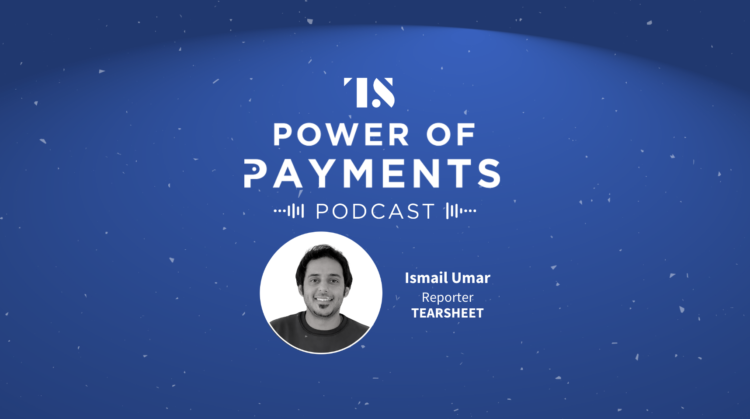Payments, Podcasts, Power of Payments Podcast
Power of Payments Ep. 1: BNPL and credit scores, crypto payroll, Apple’s Tap to Pay feature, ‘Save Now, Pay Later’
- Tearsheet’s new bi-weekly payments podcast will give you a taste of the recent developments in the world of payments.
- In the inaugural episode, we discuss BNPL, the crypto paycheck, Apple’s Tap to Pay feature, and ‘Save Now, Pay Later’.








